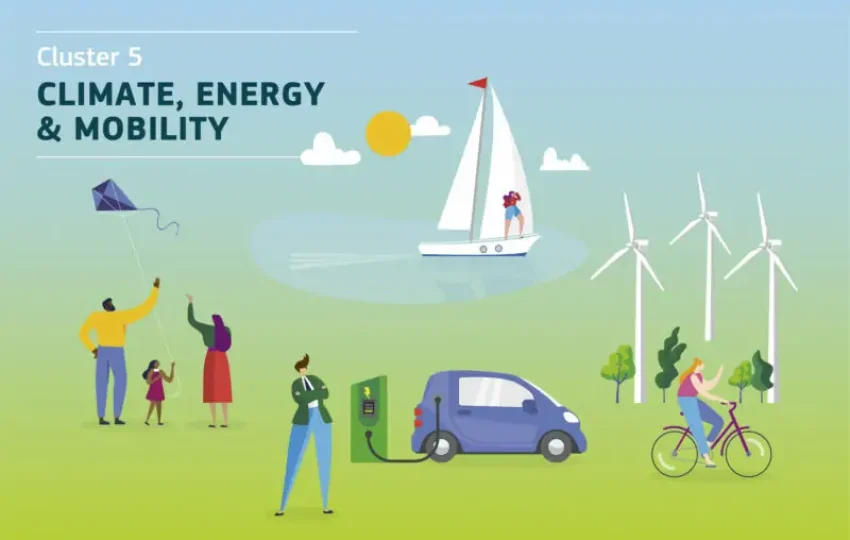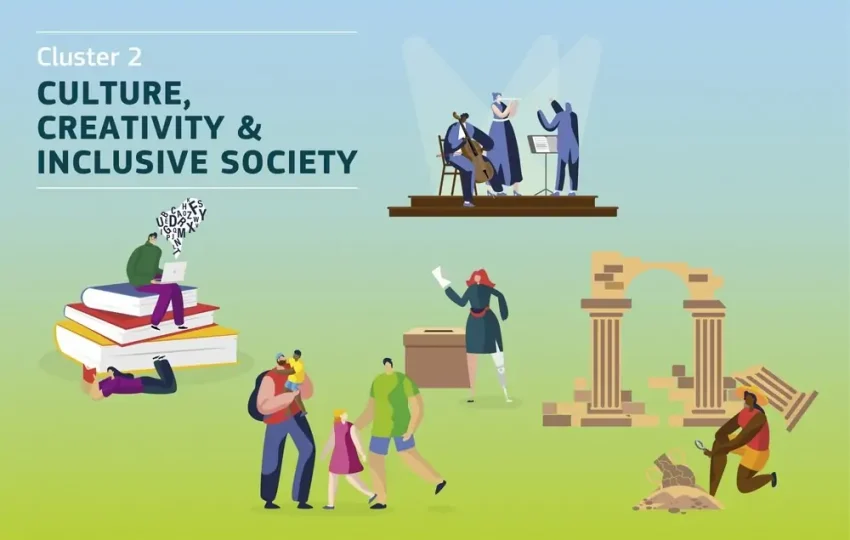European funding is a concept that has been around for decades. Through the implementation of European projects, organizations, small, medium, and large enterprises, young people and other stakeholders find themselves in a period of prosperity. EU programmes offer a wide variety of options that cover the needs and preferences of the organizations and participants alike. At the same time, they offer solutions to a plethora of issues that arise in multiple different fields.
Organizations participating in EU programmes often make the mistake of setting up their priorities wrong. As a result, it is a common phenomenon for them to miss important deadlines or participate in project proposals that receive a very low score.
If you have also found yourselves taking part in the wrong kinds of proposals or if you have difficulty choosing the right calls for you, perhaps you might want to think about setting up your priorities differently. You could choose a specific plan and stick with it thus long hours of scheduling and discussing only to choose the wrong calls.
This is especially important for organizations, companies and stakeholders who are new in the European Project implementation game and want their first steps to be as dynamic as possible. Here are the steps you need to take to prioritize your EU calls choices.
Step One: Choose the programme
As a small organization who is now getting into the European Programmes, you need to start with something closer to your standards. The Erasmus+ programme is the most popular choice if you are now starting.
If your organization, has a much more specific focus you will want to go for the programme that matches your subject matter. AMIF, for example, focuses on migration and immigration, Horizon 2020 is a research and development programme with a more focused scientific approach.
Choose the programme that will allow you to bring your expertise to the table.
Step Two: Subject of the call
Simply jumping in all the calls under a specific programme and declaring interest is not a wise approach. You will end up in discussions with potential partners aiming to take part in the same calls only to find out that you are not suited or that the call does not meed your preferences. Maybe even that you are not eligible according to the call’s criteria.
Always read the descriptions and ask yourselves, “How can my organization contribute to this call?”. If you know for a fact that you can follow the call’s subject and that you can either write a good proposal for it or add strong expertise to it, go ahead and put it on your list before you follow the next step.
Step Three: Partner Search
You cannot apply for a proposal without a consortium. If you want your chances of success to increase and the project to be implemented without problems, you need the right partners. If you are interested in a call but you cannot find appropriate partners for it then you might want to think about moving on.
It is a good idea to have a list of potential partners before you start searching for calls. Then when you do find some calls you are interested in, list them based on the expertise of your consortium, the eligibility criteria and interest.
Step Four: Call deadline
Perhaps the most important step of the entire process. You need to always watch out for the project deadline. That way you can prioritize the calls you are interested in based on how close you are to the actual deadline. This will help you narrow down the research by not focusing on calls with a close deadline that you might miss or a distant deadline that should not bother you at the moment.
Step Five: Budget
Last but not least is the budget. You can either aim for a low budget call if you do not want a lot of competition or a high budget one if you know for a fact that your proposal has the potential of getting approved.
The budget is always available in the call details.
By following these five simple you can prioritize and select only the most efficient calls for you. Remember that prioritizing your calls is a process that could take for a few hours to a few weeks. Start early, read the calls and focus on the most important points. Do not jump in all of them. You are only going to end up wasting precious time that could be devoted to other important processes.


